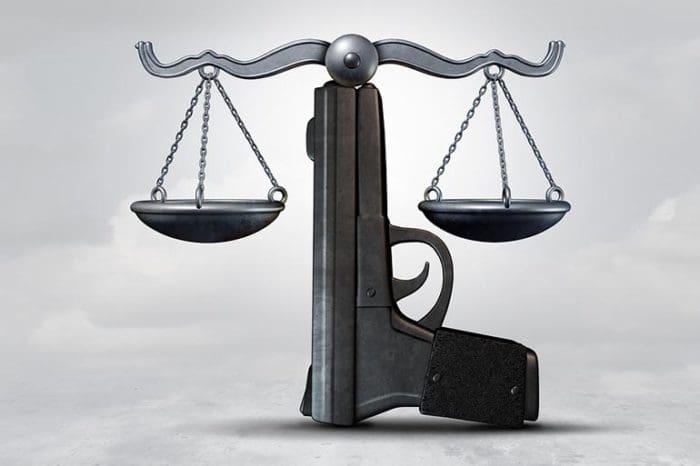New York City Tries to Dirty Delete in Supreme Court Case
We’ve been watching New York State Rifle & Pistol Association v. NYC for a while now, the first Second Amendment case to be accepted by the Supreme Court in a long time. It was finally time, it seemed, for the Court to rein in the wild and unpredictable treatment Second Amendment cases were receiving in the various federal courts, and set the record straight.
Some things, though, thrive in landscapes of uncertainty. New York City, it seems, is one of those.
This week the NYPD announced that it would be changing a rule, and allow New York City permit holders to travel more freely with their firearms. This rule is what the entire case was predicated on. Why does this matter? Well, a thing called “mootness.”
For the Supreme Court to hear a case, there has to be a live controversy between the parties. That means if the government dirty deletes the law they’re being sued over, the case might be “moot.” Here, though, the trick isn’t guaranteed to hold for NYC.
For one thing, there’s the concept that the Court won’t moot a case when it involves a constitutional abuse that is likely to be repeated in the future. There’s also kind of a “clean hands” doctrine where the Court won’t award a party for intentionally voiding an unconstitutional law because they know they’ll lose.
From my experience, I feel the Court will let the case go forward, and have the mootness be one of the points argued. This means that, if Justice Roberts doesn’t want to rule on the merits of the law itself, he has a way to force the Court to weasel out of it. I’d likely counter New York’s attempt to moot the case in an amicus brief. All we can do now is hope we aren’t let down.
Ninth Circuit Upholds Gun Free School Zone Bill
Gun free school zone laws might not be massively controversial today, but their dubious forms have been at the heart of a lot of constitutional litigation. These are the types of laws that show the cracks in the armor of the current system.
Sure, there’s a pretty cognizable public interest and problem to be solved, but a legitimate source of power to do it? Legal nerd arguments aside, this week the Ninth Circuit upheld the dismissal of a challenge to a gun-free school zone bill. So no big traction on arguments here.
Florida Woman Buys Shotgun in Colorado
There was a significant kerfuffle after an 18-year-old Florida woman purchased a shotgun in Colorado. The woman was reportedly obsessed with the Columbine shooters, made “credible threats” to Denver area schools, traveled to Colorado, and then committed suicide. People are enraged that she was able to purchase the gun in Colorado, something she wouldn’t have been able to do in Florida.
This isn’t a ridiculous failure of the law, but an ordinary difference in state policy. In most states, 18-year-old adults can purchase long guns and shotguns. Florida recently raised that age to 21.
If Florida raised the age to buy tobacco products to 21, and a Floridian purchased cigarettes in Georgia at 18, would we think it a massive flaw in the legal system? I think not. Some point to a component of Federal law that allows interstate sales only when it “complies with both states,” but that isn’t as simple as it seems.
Florida law applies differently to possession and purchase, and conditions placed squarely on Florida dealers cannot carry the same force in Colorado. We have a system of dueling state-and-federal sovereignty. It’s called Federalism. The suicidal woman’s ability to acquire a shotgun is endemic of nothing.
